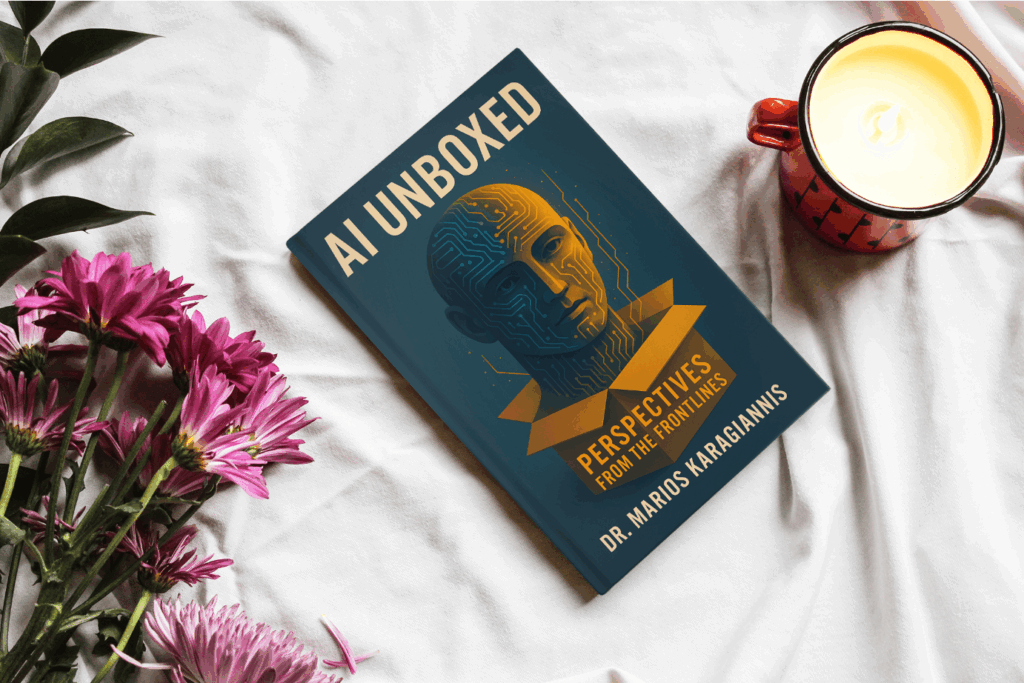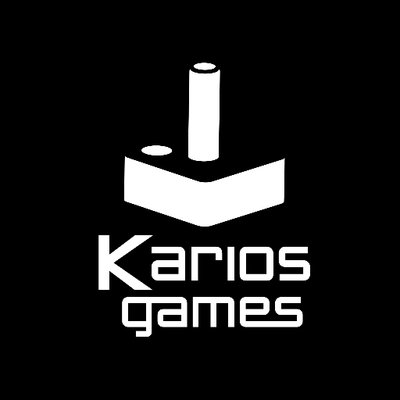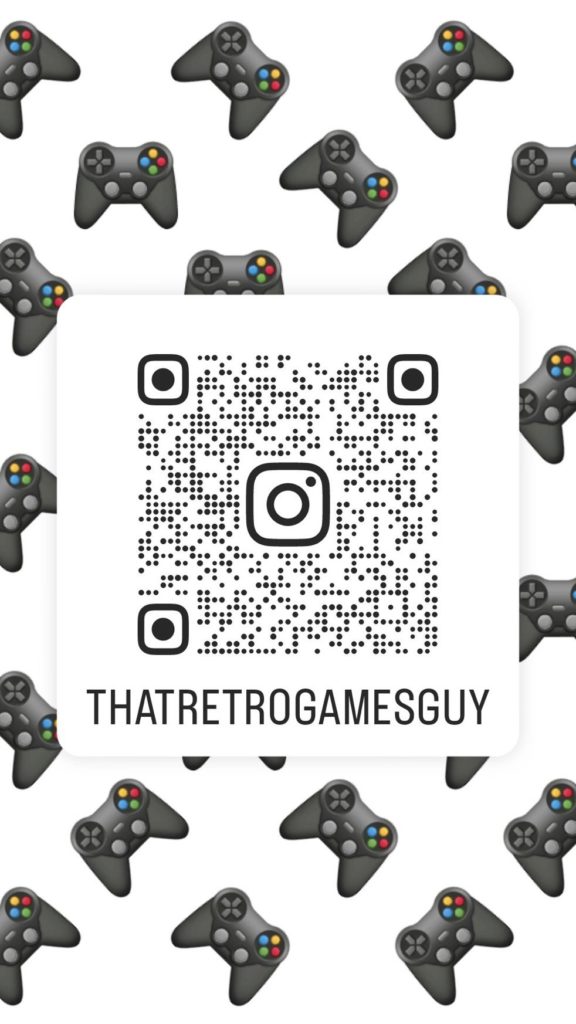
Mobile gaming continues to dominate the industry, with billions of players engaging in games on smartphones and tablets. Choosing the right game engine is crucial for optimizing performance, graphics, and overall user experience. Whether you’re an indie developer or part of a large studio, the right engine can significantly impact your development process. Here are some of the best game engines for mobile game development in 2025.
Unity
Pros:
- Cross-platform support (iOS, Android, and more)
- Large asset store with pre-made assets, scripts, and tools
- Extensive community support and documentation
- Powerful 2D and 3D capabilities
- Supports AR and VR development
Cons:
- Can be resource-intensive, especially for larger projects
- Licensing costs for professional developers
Unity is one of the most popular game engines for mobile game development, known for its versatility and ease of use. With its extensive asset store, built-in physics engine, and C# scripting, Unity allows developers to create both simple and complex mobile games efficiently.
Unreal Engine
Pros:
- High-quality graphics with realistic lighting and effects
- Blueprint system allows for visual scripting (no coding required)
- Free to use, with a royalty model for commercial success
- Strong support for 3D mobile games
Cons:
- Steeper learning curve than some other engines
- Heavier on system resources, making it less ideal for simple mobile games
Unreal Engine, developed by Epic Games, is known for delivering high-fidelity graphics and powerful real-time rendering capabilities. While it is widely used for AAA console and PC games, it is also a solid choice for high-quality mobile games, particularly in the action and RPG genres.
Godot
Pros:
- Open-source and completely free
- Lightweight and efficient
- Built-in node-based system simplifies game development
- Great for 2D game development
Cons:
- Smaller community compared to Unity and Unreal
- Fewer third-party assets and plugins
Godot has been gaining traction among indie developers due to its simplicity and open-source nature. It supports both 2D and 3D development and uses the GDScript language, which is similar to Python. This engine is an excellent choice for developers who want full control over their project without worrying about licensing fees.
Cocos Creator (Cocos2d)
Pros:
- Optimized for 2D mobile game development
- Lightweight and performs well on mobile devices
- JavaScript and TypeScript support
- Free and open-source
Cons:
- Limited 3D capabilities
- Smaller community compared to Unity
Cocos Creator is an excellent engine for developers focusing on 2D games. Many successful mobile games, including “Clash of Kings” and “Idle Heroes,” were built using Cocos2d. It offers a streamlined workflow and high performance for mobile devices.
Buildbox
Pros:
- No coding required
- Drag-and-drop interface
- Ideal for beginners and non-programmers
- Quick prototyping and development
Cons:
- Limited customization compared to code-based engines
- Subscription-based pricing model
Buildbox is designed for game developers who want to create mobile games without prior programming knowledge. Its drag-and-drop interface makes it one of the easiest engines to use, though it may not be as powerful as Unity or Unreal for more complex projects.
Solar2D (formerly Corona SDK)
Pros:
- Lua-based scripting is easy to learn
- Fast and efficient for 2D mobile games
- Free and open-source
Cons:
- Limited 3D capabilities
- Smaller community support
Solar2D is a great choice for developers who prefer a lightweight engine focused on 2D game development. It allows for rapid prototyping and has been used for successful mobile games like “Fun Run.”









